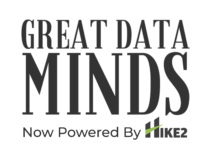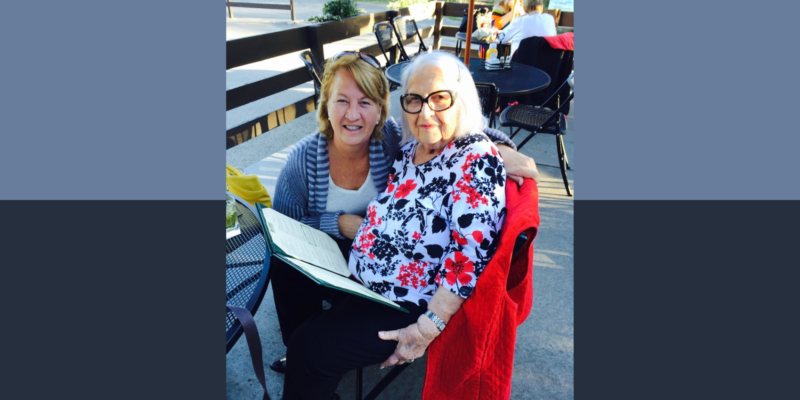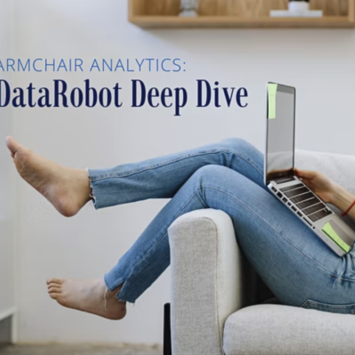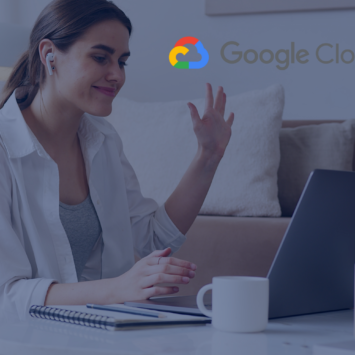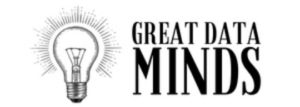Becoming a Better Caretaker through Integrated Data
Written by: Julie Burroughs, GDM CEO
in collaboration with Mike Lampa, CAO
One of the hardest jobs in life is being a caretaker to your elderly family members. Not only is it time consuming, the paperwork is daunting and the realization that you will soon lose them can take its toll.
Recently, my 94 year old mother, soon to be 95, was sent to the emergency room three times within a 45 day period for the same ailment. As in most large cities, it is the ambulance game. The one that is the closest to the patient picks them up. If you do not indicate which hospital you would like to go to, the medics pick. Even though it was stated at her nursing home that we prefer one hospital over the others, that request never seems to be communicated. The result, three separate visits to three different emergency room locations.
With each trip, usually occurring in the middle of the night, I would receive the obligatory phone call asking “can you tell us what is going on with your mother”? As part of my agreement with my brother he manages my mothers health information. So, I call him at 3:00 AM ET to get his help. By the way, it helps when you have a sibling with medical credentials. Needless to say we are both in a haze and after a 15 minute call with the on-call ER physician we realize he is working with only information we are able to provide. Nothing from the nursing home, nothing from the other visits to ER. Based on this lack of shared information, my mom was subjected to the same tests and extended stays until they figured out what’s wrong. In the end, it was the same diagnosis three times over.
The Great Data Minds team has been fortunate enough to be involved with the development of data products which are making the world a better place. This is true with one particular project we are working on currently alongside a very innovative team. This interoperability product is working to make a difference in how Patient Health Information (PHI) is shared among all of that patient’s care providers and care coordinators. Here is the first bit of good news. AWS, Microsoft, and Google Cloud Platform (GCP) teams are investing significantly in this area, specifically around their Healthcare API’s supporting the Fast Healthcare Interoperability Resources (FHIR) standard. With this particular team, we are working with the Google Healthcare API and the Google team that is supporting the technology.
Phase One of the program started with a Minimum Viable Product (MVP) where we were able to connect one of their 18 Accountable Care Organization (ACO) Partners to their Interoperability Hub that is used for intake of the PHI data. Within 8 weeks (four sprints) we were able to prove the GCP technology and demonstrate the ability to notify a patient’s primary care provider, clinicians and care coordinator that their patient received treatment outside of their network. With every step of the MVP, Google technical teams were available for consultation and collaboration. Google also provided funding to prove the technology. Next step, scaling the solution out to the remaining 17 ACO partners within the network. See Figure 1 below for an idea of the InterOperability Reference Architecture we used for this solution.

The Centers for Medicare & Medicaid (CMS) and the Office of the National Health Coordinator (ONC) requirements are holding care providers accountable to provide access to and share PHI among the appropriate providers and the patient. This is not an easy task for organizations, and for a vertical that is still reeling from the digital transformation to Electronic Medical Records (EMR) systems. Many are running out of time to meet the new CMS InterOperability requirements. But with the only alternative being hand coding as of two to three years ago, the work that is being done in this area by top cloud providers will make it easier for organizations to adhere to the compliance measures.
So, what does the future hold? Embarking upon a project that will take our B2B (provider to provider) work with Healthcare API to a B2C (provider to patient) solution giving the caretakers of the world yet a bit more help and confidence.

